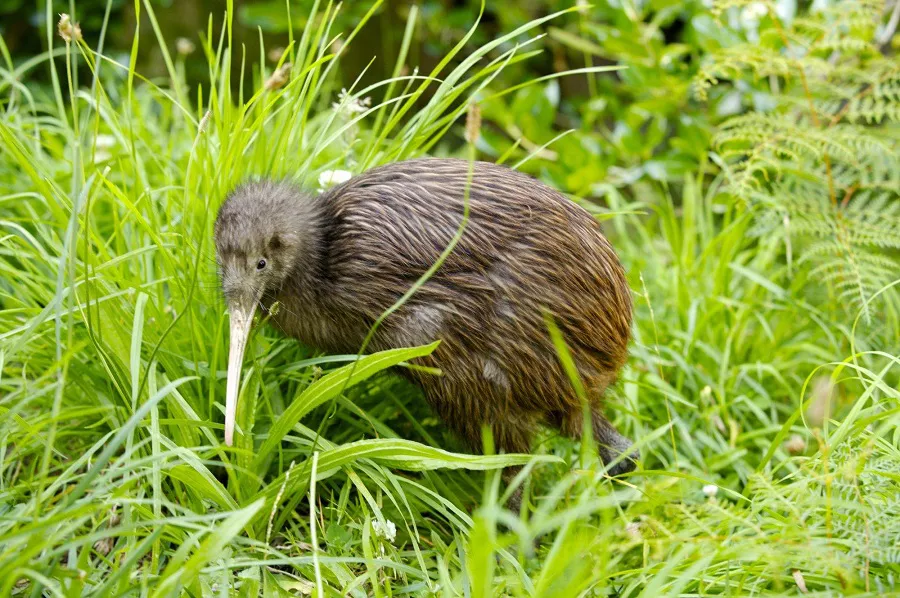The kiwi bird is known for its unique appearance, with its round body, long beak, and fluffy feathers. But have you ever wondered why this flightless bird from New Zealand is called a “kiwi”? The answer lies in the history and culture of this fascinating country.
Origins of the Name
The origin of the name kiwi is somewhat uncertain, but it is widely believed to come from the native Maori language of New Zealand. The word “kiwi” was originally used by the Maori people to describe their local brown kiwi bird, which they considered a taonga, or treasure. The bird was highly regarded and respected by the Maori as a symbol of their land and culture.
When Europeans arrived in New Zealand in the late 18th century, they also encountered the strange bird and quickly adopted the name kiwi for it. The name caught on and became widely used in New Zealand and around the world.
Symbol of New Zealand
Today, the kiwi bird is not only a beloved national symbol of New Zealand but also an endangered species. It is estimated that there are fewer than 70,000 kiwis left in the wild, making it one of the most at-risk birds in the world. This has led to widespread conservation efforts to protect the kiwi and its habitat.
The kiwi bird has become so synonymous with New Zealand that it is often used as a symbol on everything from the country’s currency to its national airline. The image of a kiwi bird is instantly recognizable and evokes a sense of pride and patriotism among New Zealanders.
The kiwi bird has also been used in popular culture, appearing in cartoons, movies, and even as a brand mascot for companies such as Kiwibank and Kiwi Shoe Polish. Its unique appearance and association with New Zealand make it a memorable and endearing part of pop culture.
Importance to Maori Culture
The kiwi bird holds a special place in Maori culture, as it is considered a taonga species. In Maori mythology, the kiwi is said to be the offspring of Tane Mahuta, the god of forests and birds, making it a sacred symbol of the natural world.
The Maori people also have a traditional dance called the kiwi haka, which incorporates movements inspired by the kiwi bird. This dance is performed to honor the kiwi’s importance as a cultural symbol and to express respect for the environment and natural world.
Conservation Efforts
As mentioned earlier, the kiwi bird is facing significant threats due to habitat loss, predation by introduced species, and other factors. Over the years, conservation efforts have been made to protect the kiwi and its habitat, including predator control programs, habitat restoration projects, and captive breeding programs.
One notable program is the Kiwis for Kiwi project, which aims to raise awareness about the plight of the kiwi and to fund conservation efforts to protect the species. The project works with local communities, businesses, and volunteers to create safe habitats for kiwi birds and to reduce the threats posed by predators such as stoats, rats, and possums.
Conclusion
The kiwi bird is one of the most iconic symbols of New Zealand, known for its unique appearance and importance to Maori culture. Its name comes from the Maori language, where it was originally used to describe a treasured native bird. Today, the kiwi is an endangered species and faces significant threats to its survival. Conservation efforts are underway to protect the kiwi and its habitat, but much work still needs to be done to ensure its continued existence. As a national treasure and global icon, the kiwi bird serves as a reminder of the beauty and fragility of our natural world.


 Facebook
Facebook  Instagram
Instagram  Youtube
Youtube 